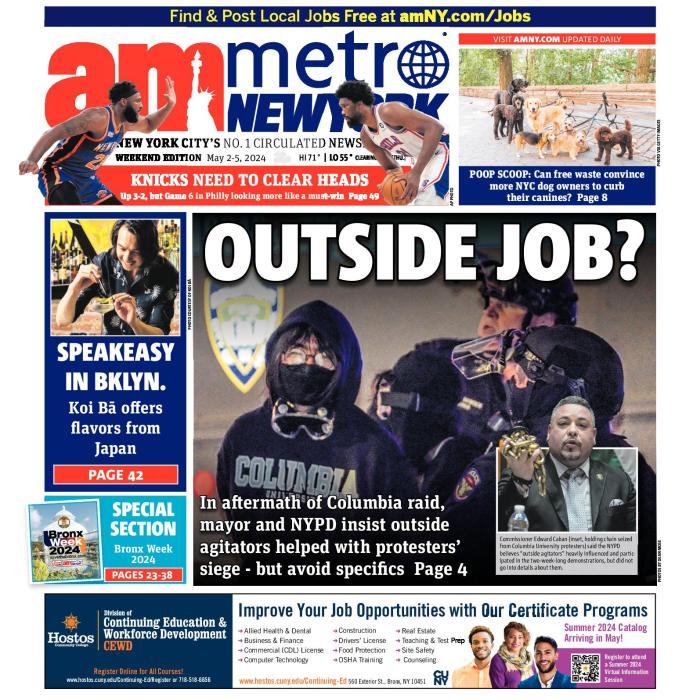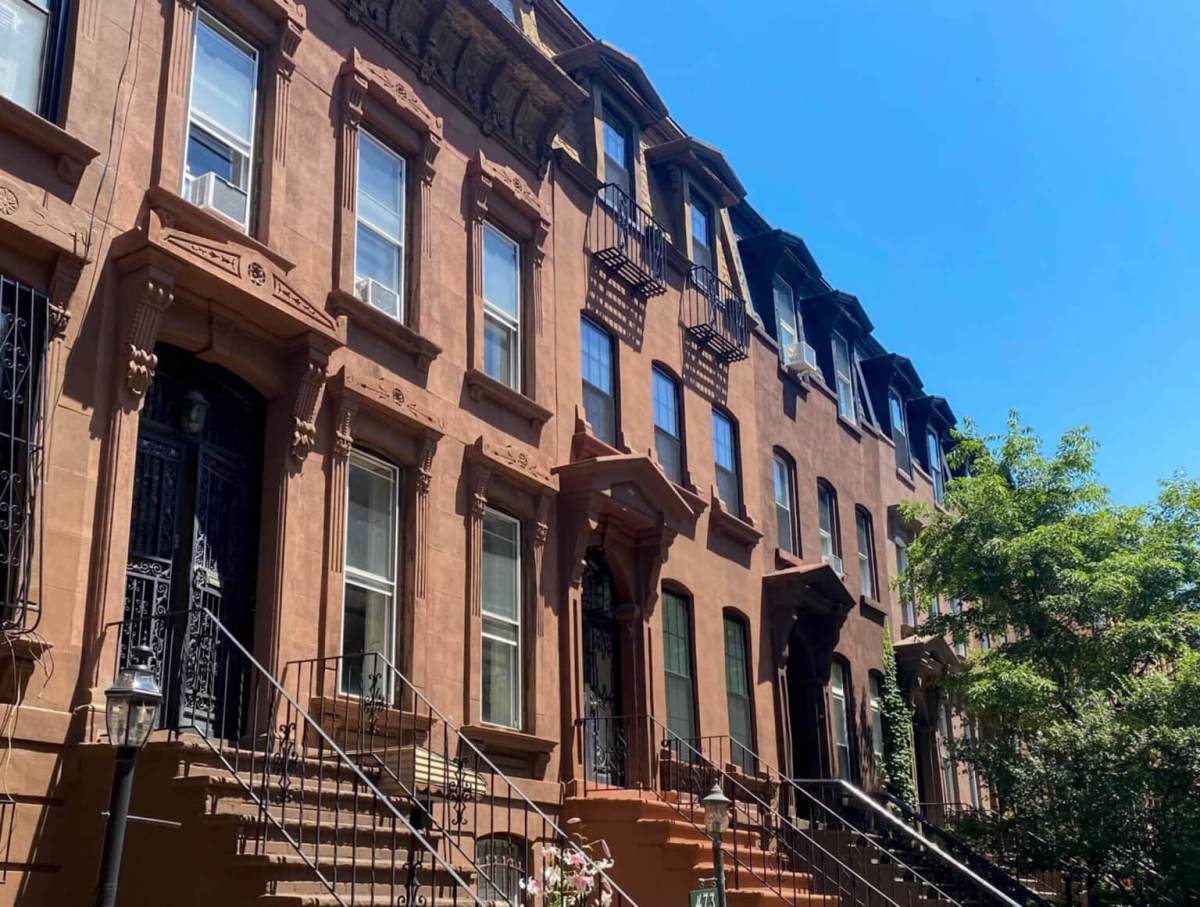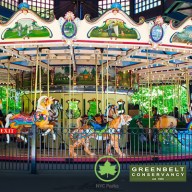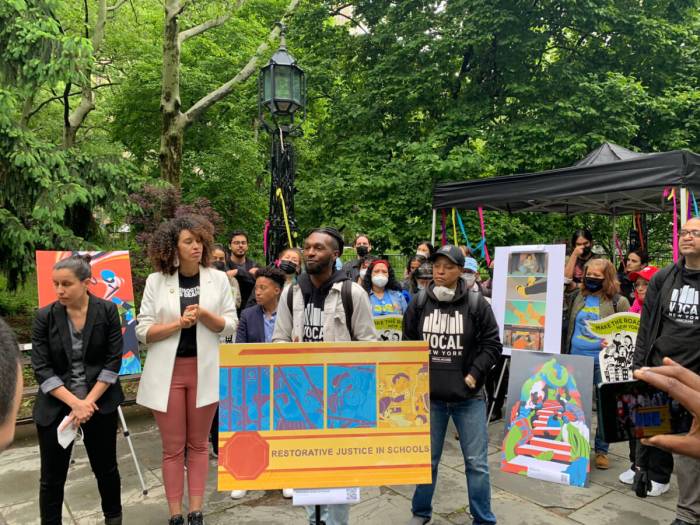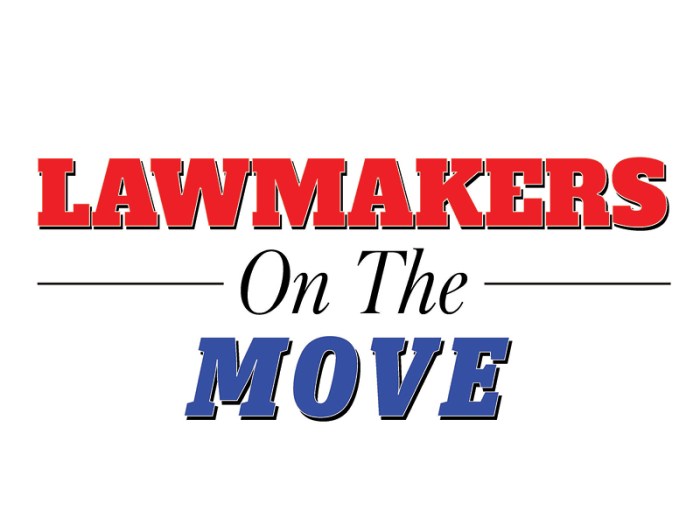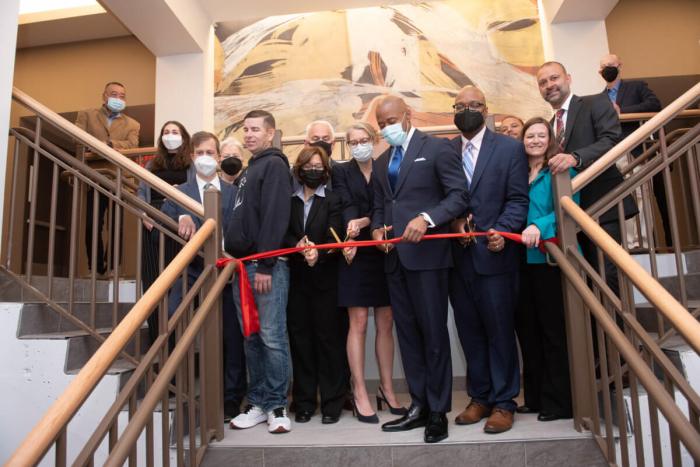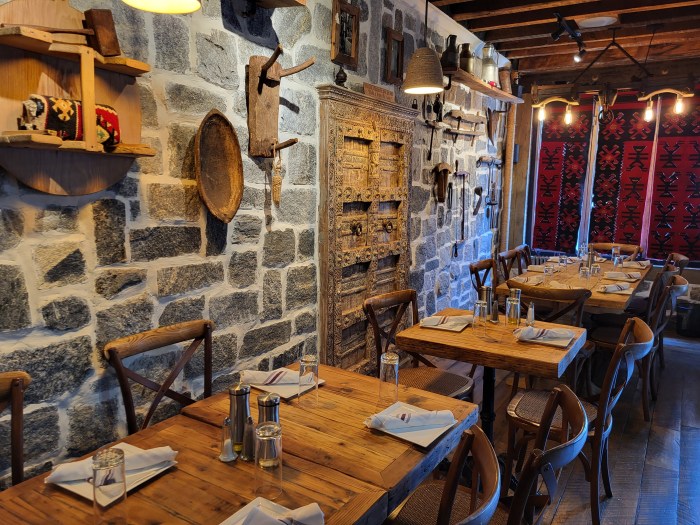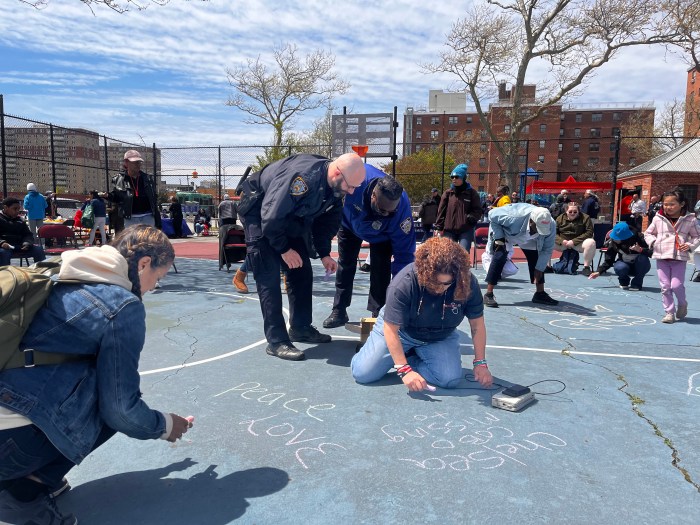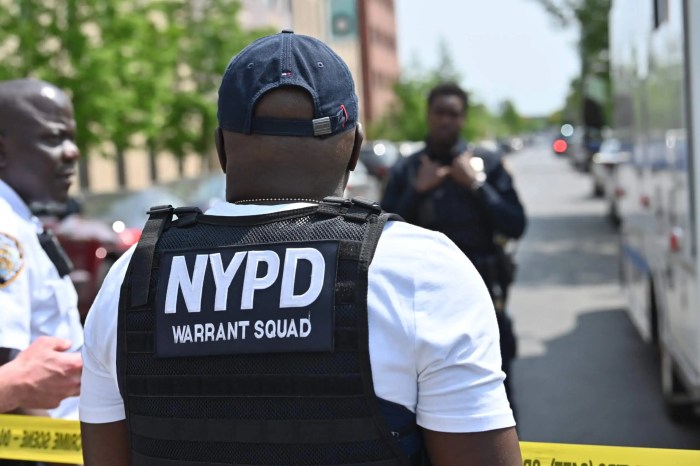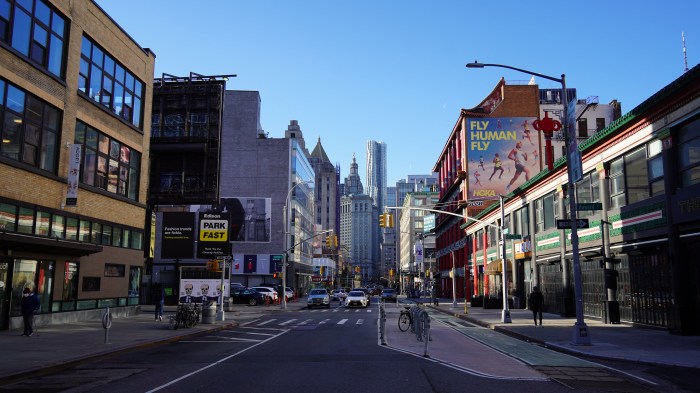The Rent Guidelines Board will hold its final vote on increases for the city’s 1 million stabilized tenants on Wednesday, June 21, potentially allowing landlords to hike rents by up to 7%.
The vote will take place at the Assembly Hall of Hunter College, on East 69th Street between Park and Lexington avenues, at 7 p.m. on Wednesday. In May, the board approved a preliminary range of increases of 2-5% for one-year leases and 4-7% for two-year leases; the final approved rates typically fall within the preliminary range, but don’t necessarily have to.
If the board votes at the high end of the range, it would represent the highest rent increase for stabilized tenants since the Bloomberg administration. And while landlords had sought even higher increases — arguing they’re needed to meet spiraling costs for building owners — tenants and advocates argue rents should be frozen, owing to rapid inflation in recent years and the already-astronomical cost of housing in New York.
Following the preliminary vote, Mayor Eric Adams called for increases below the top range, arguing a 7% hike is “clearly beyond what renters can afford and what I feel is appropriate this year.”
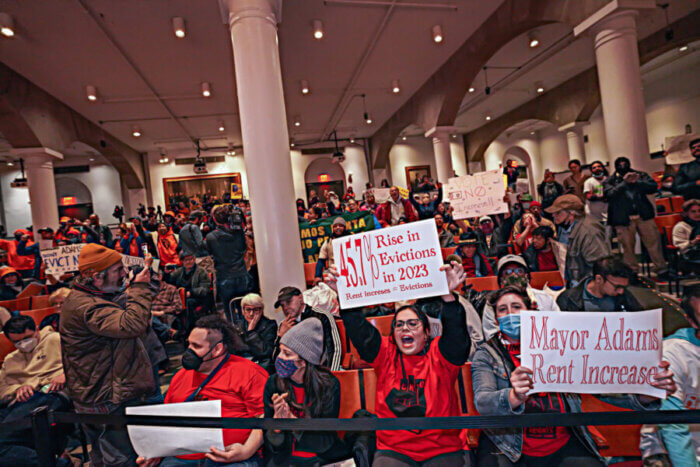
The board consists of two landlord representatives, two tenant reps, and five “public” members. All of them are appointed by the mayor, and just two are holdovers from Adams’ predecessor, Bill de Blasio.
Last year, the RGB approved 3.25% increases for one-year leases and 5% hikes for two-year leases in its first vote of the Adams administration, well above hikes ever approved during the de Blasio years. While de Blasio pushed for rent freezes several times, Adams has been more circumspect, publicly sympathizing with the plight of “mom and pop” landlords.
Using complex formulas estimating various inputs, the RGB estimated in its April “Price Index of Operating Costs” that the cost of doing business for landlords has increased by 8.1% over the past year, including 19.9% for fuel, 12.9% for insurance, 9.4% for maintenance, 8.8% for utilities, and 7.7% for property taxes.
Landlords’ “net operating income” — a real estate industry term for profit — fell by 9.1% between 2020 and 2021, when the COVID-19 pandemic produced a rare drop in the city’s average rents, according to the RGB’s 2023 Income and Expense Study. The drop in NOI was particularly pronounced in Manhattan’s core, where it dropped 21%, compared to 5.1% in the rest of the city.
“When the Rent Guidelines Board (RGB) sets adjustments well below increases in operating costs, as it has in many recent years, it is defunding the buildings,” said Jay Martin, head of the landlord trade group Community Housing Improvement Program, in an op-ed for Gotham Gazette. “Housing providers rely on the RGB to ensure they can cover operating costs, debt service and capital improvements. But they have been disappointed for more than a decade when the RGB has continuously undercut their ability to keep buildings solvent and in good shape for their tenants.”
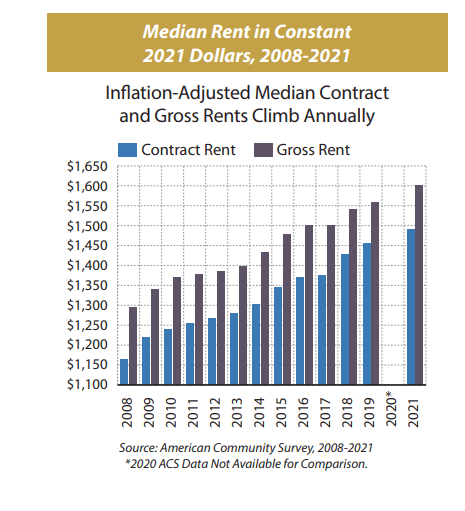
However, the upward trajectory in rents has resumed since 2021, and in fact, rents have climbed to historic highs. The median rental in Manhattan was going for $4,395 in May, up 9.9% over last year, according to market research by Douglas Elliman. In Brooklyn, they’ve gone up 9.2% to $3,550, while in Northwest Queens the numbers have spiked 15.3% to $3,402.
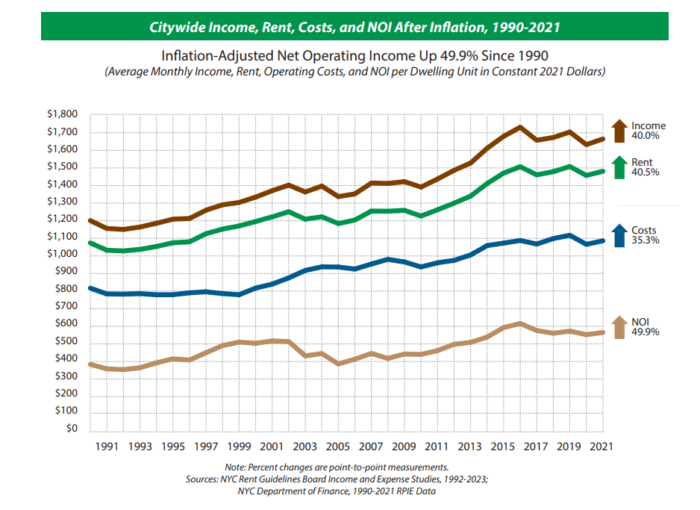
While NOI dipped between 2020 and 2021, the RGB notes that NOI had actually increased by just shy of 50% between 1990 and 2021, adjusted for inflation. NOI has actually increased at a faster clip than both rents and costs, according to the Income and Expense Study.
Meanwhile, another report put out by the RGB, the Income and Affordability Study, found more than a third of the city’s renters are paying at least half of their income in rent to their landlord, a situation the city defines as “severely rent burdened.” Just under 40% of rent-stabilized tenants are considered severely rent burdened.
Eviction filings increased 167.8% in 2022, after the state rolled back its pandemic-era eviction moratorium, and many tenants are going before judges without a lawyer. The city’s homeless shelters are regularly boarding up to 80,000 people per night, the highest levels ever recorded, especially as waves of asylum seekers arrive in the city. Many more homeless people sleep on the streets and subways or are couch surfing.
In April, the United Way’s “True Cost of Living” study found more than half of New Yorkers are struggling to afford their basic needs.
“In the midst of a historic affordability crisis in New York City, we call on the Rent Guidelines Board to freeze rents for all tenants living in rent-stabilized units,” said Adriene Holder, the Legal Aid Society’s chief attorney in the civil practice division. “This is absolutely not the time to further burden already suffering New Yorkers — many of whom are seniors, working-class families, people living with disabilities, and people of color — with unnecessary and crippling rent hikes.”
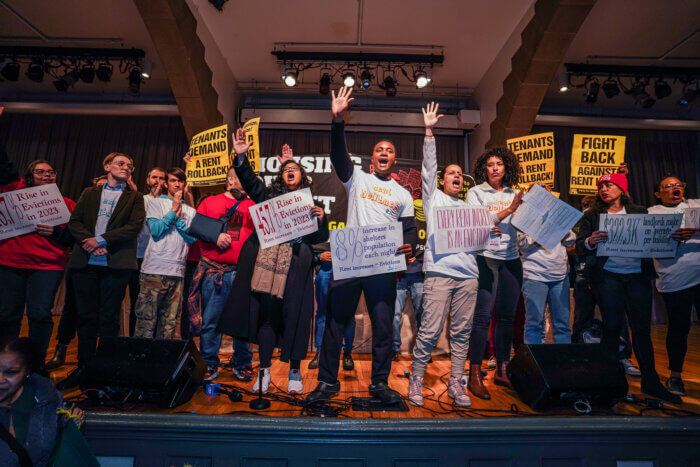
Measures that aimed to alleviate the state’s housing crisis failed to make it through Albany this year. Governor Kathy Hochul’s proposed “Housing Compact” to spur residential construction died amid substantial opposition in the suburbs, while good cause eviction, which would cap rent increases and limit landlords’ ability to evict tenants, faced opposition from the governor and the well-funded real estate lobby.
At the RGB’s May meeting, elected officials and tenant advocates stormed the stage and disrupted proceedings as they called for rent freezes or rollbacks, and relentlessly booed and shouted over the proceedings as members voted on the preliminary increases. Subsequently, for Monday’s meeting, the Board has banned drums and “noisemakers” from the venue to ensure members can “deliberate” and “participate meaningfully” in the meeting.
